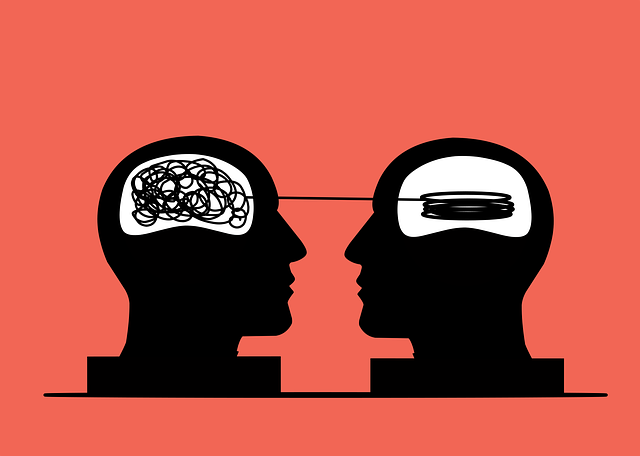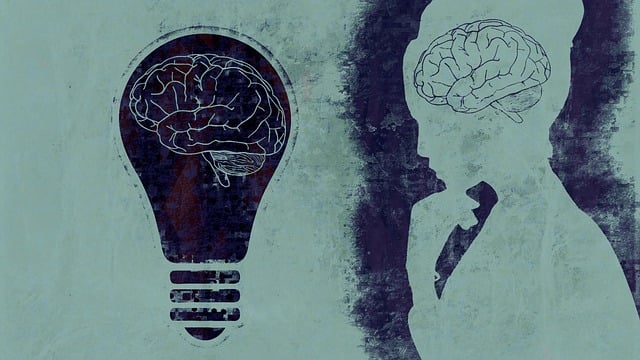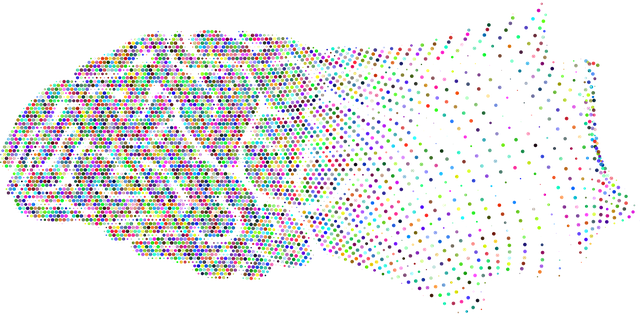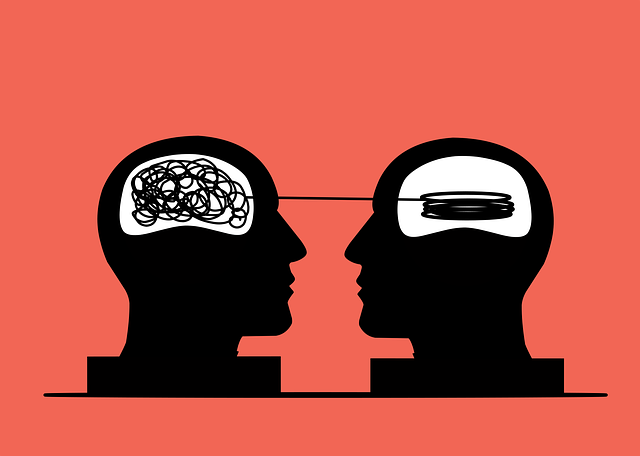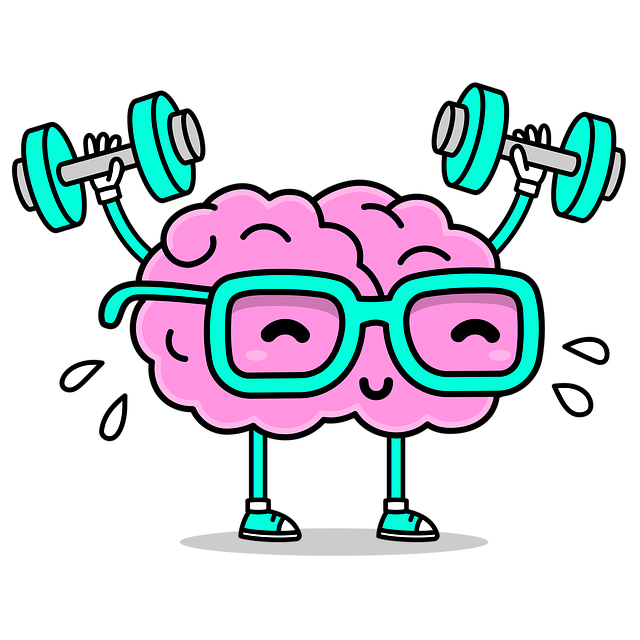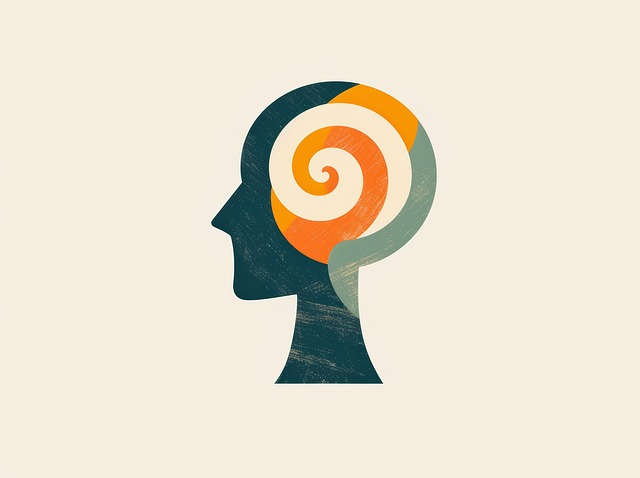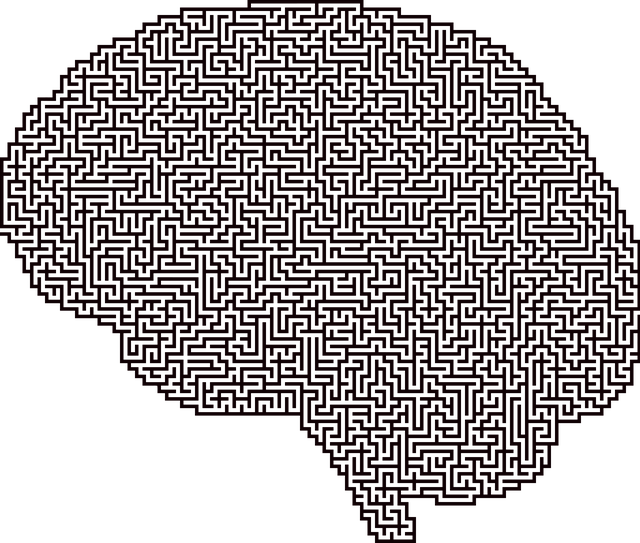Mental illness diagnosis is a complex process influenced by biological, psychological, and social factors, highlighting the need for better tools in the current policy landscape. Lafayette Sexual Dysfunction Therapy (LSD) stands out as a groundbreaking approach, recognizing the intimate link between sexual health and mental wellness. It employs specialized techniques to enhance diagnostic accuracy while fostering coping skills. Evidence-based strategies, such as advanced psychological assessments, positive thinking, CBT, and technology like AI-powered platforms, are integrating to revolutionize diagnosis, improve healthcare worker interpretations, reduce stigma, and increase access to specialized care through programs like Community Outreach.
Mental illness diagnosis accuracy is a critical aspect of healthcare that demands continuous improvement. This article explores various efforts aimed at enhancing diagnostic precision, delving into the complexities of mental health assessment. We examine innovative approaches like Lafayette Sexual Dysfunction Therapy, which offers unique insights for accurate identification. Additionally, we discuss evidence-based strategies and the integration of technology in training, highlighting potential game-changers in improving assessment and treatment outcomes.
- Understanding the Challenges: Unraveling the Complexity of Mental Illness Diagnosis
- Lafayette Sexual Dysfunction Therapy: A Unique Approach to Enhancing Diagnostic Accuracy
- Evidence-Based Strategies: Improving Assessment and Treatment Outcomes
- Integrating Technology and Training: The Future of Mental Health Diagnosis
Understanding the Challenges: Unraveling the Complexity of Mental Illness Diagnosis

Mental illness diagnosis is a complex process, often shrouded in ambiguity due to its multifaceted nature. Each individual’s experience with mental health conditions is unique, influenced by biological, psychological, and social factors. This complexity presents significant challenges for healthcare professionals, particularly when dealing with intricate cases. For instance, conditions like Lafayette Sexual Dysfunction Therapy (LSD) require nuanced understanding as they involve intricate interactions between emotional, physical, and relational aspects of an individual’s life.
The current landscape of mental health policy analysis and advocacy underscores the need for more accurate diagnosis tools. Efforts are underway to enhance mental wellness through better assessment methods, improved access to quality care, and increased public awareness. Additionally, production of engaging Mental Wellness Podcast Series can play a vital role in educating folks about various mental health topics, reducing stigma, and promoting early intervention. By addressing these challenges, we aim to revolutionize the diagnosis process, ensuring more accurate identification and effective treatment for individuals struggling with mental illness.
Lafayette Sexual Dysfunction Therapy: A Unique Approach to Enhancing Diagnostic Accuracy

In an era where mental health awareness is ever-evolving, innovative therapeutic approaches like Lafayette Sexual Dysfunction Therapy are making significant strides in enhancing diagnostic accuracy. This unique treatment model recognizes that sexual dysfunction can be a compelling indicator of underlying mental health issues, often overlooked or misdiagnosed. By focusing specifically on the connection between sexual health and overall mental wellness, this therapy method employs evidence-based practices to help individuals develop coping skills and build inner strength.
Lafayette Sexual Dysfunction Therapy goes beyond traditional talk therapy by integrating specialized techniques tailored to address the psychological and emotional aspects of sexual dysfunction. It aims to create a safe space for patients to explore their feelings, challenges, and concerns openly. Through this holistic approach, not only does it improve diagnostic accuracy but also fosters the development of enhanced coping skills, leading to better mental wellness outcomes.
Evidence-Based Strategies: Improving Assessment and Treatment Outcomes

In the pursuit of enhancing mental illness diagnosis accuracy, evidence-based strategies play a pivotal role. These strategies focus on improving assessment techniques and treatment outcomes, ensuring that individuals receive appropriate care. One such approach involves integrating advanced psychological assessments that go beyond traditional methods. For instance, therapists in Lafayette Sexual Dysfunction Therapy utilize specialized tools to uncover subtleties in patient presentations, thereby refining diagnosis accuracy.
Promoting positive thinking and self-care practices is another crucial aspect. Encouraging patients to engage in activities that foster resilience and emotional well-being can significantly impact their mental health journey. Additionally, techniques aimed at anxiety relief, such as cognitive-behavioral therapy (CBT), have proven effective in enhancing assessment accuracy by providing a clearer understanding of the patient’s inner experiences and behaviors.
Integrating Technology and Training: The Future of Mental Health Diagnosis

The integration of technology into mental health diagnosis is transforming the landscape of psychiatric care. Advanced tools like AI-powered assessment platforms and digital monitoring systems offer more accurate evaluations, especially in identifying conditions such as Lafayette Sexual Dysfunction Therapy, which can be complex to diagnose traditionally. These innovations enhance detection by analyzing patterns and trends in patient data more effectively than manual methods.
Moreover, combining these technological advancements with comprehensive training programs for healthcare professionals is a powerful strategy. Educating practitioners on the latest research and tools enables them to make more informed decisions. This approach ensures that mental health services are not only technologically advanced but also backed by skilled professionals who can interpret results accurately. Such integration has the potential to significantly improve diagnosis, especially in communities with limited access to specialized care, through programs like Community Outreach, thereby reducing burnout among healthcare workers and preventing issues stemming from it.
Mental illness diagnosis accuracy has seen significant strides, but challenges remain. By understanding the complexities of mental health, implementing unique approaches like Lafayette Sexual Dysfunction Therapy, adopting evidence-based strategies, and integrating technology with thorough training, we can enhance diagnostic precision and improve patient outcomes. These efforts underscore the importance of continuous innovation and specialized care in the field of mental health diagnosis.


